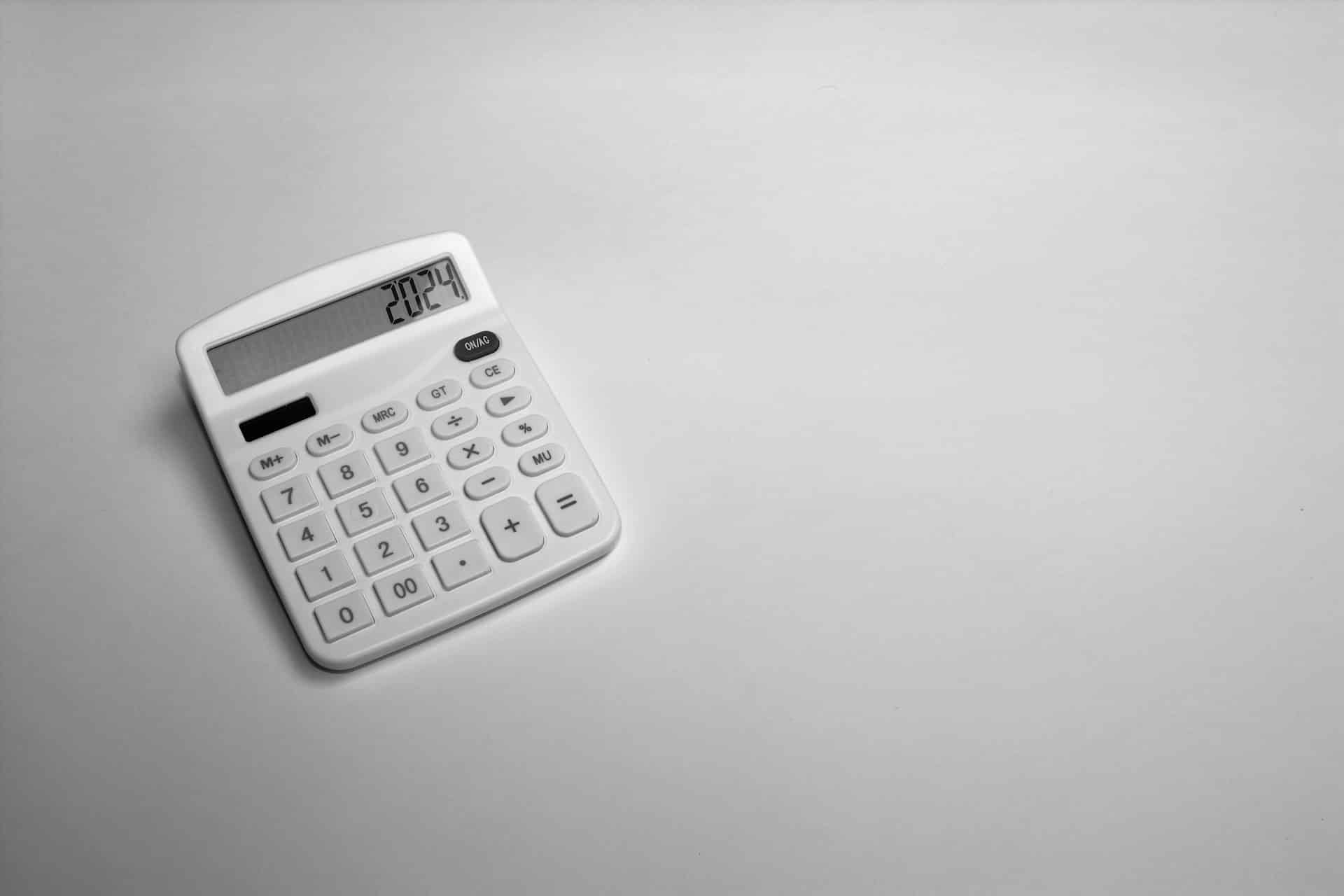Personal injury incidents can have devastating consequences, which often extend beyond physical harm to include significant financial repercussions. In many personal injury cases, it is not uncommon for a plaintiff’s injuries to impact their ability to earn an income during their recovery. In some instances, injuries may affect one’s ability to return to one’s pre-accident employment and, as such, can impact one’s future earnings. Whether your injuries resulted from a recreational accident, a slip and fall, or medical malpractice incident, understanding how to calculate past and future income loss is essential for ensuring fair compensation and securing financial stability throughout your recovery and into the future.
This blog will explore the intricate process of assessing income loss following a personal injury accident and the various factors and considerations, from determining past earnings to projecting future income potential. It will also discuss the importance of seeking professional assistance from a personal injury lawyer and financial experts to navigate this complex terrain effectively.
How to Calculate Income Loss
The financial aftermath of a personal injury incident can profoundly affect your financial future, from lost wages and diminished earning capacity to potential career setbacks.
Past Income Loss
Past income loss is relatively straightforward to calculate. Your claim for past loss of income is the salary you would have normally earned had you not been injured and missed out on due to being off work or working reduced hours. This calculation can also include commissions and bonuses you would have normally earned. Your claim for past income loss is generally supported by evidence such as pay stubs showing your pre-accident earnings or other financial statements that can be compared with what you earned after the accident.
If you are self-employed or have more than one type of income, supporting documents such as income tax returns or corporate financial statements can help determine what income you would have otherwise earned.
Future Loss of Income
In cases where your injuries persist or result in permanent limitations, you may be unable to return to the job you held before the incident or left unable to pursue your dream career path. In these situations, you can claim damages for future loss of income or diminished earning capacity. Similarly to past income loss calculations, a claim for future loss of income or loss of earning capacity may include all salary, bonuses, and benefits you would have earned had you not been injured. However, determining a lump sum amount that would adequately compensate you for missed future earnings can be complex and often requires supporting evidence from financial experts. These calculations consider what you could have earned in the future based on your pre-injury earnings, less the impact of future contingencies or other events that would prevent you from earning the maximum possible income. If applicable, this calculation will also require consideration of the income you can earn. If you are self-employed, you may be able to claim compensation for the business’ loss of future profits.
In addition to future loss of income, compensation may be available if your injuries have resulted in lost opportunities. For example, if you were part-way through completing the licensing requirements for a particular profession (such as medicine or the apprenticeship for a trade). To quantify these damages, your losses would be calculated based on the value of the lost opportunity and the likelihood that you would have been successful in it.
Can I Claim Lost Income if I Was Unemployed at the Time of the Accident?
Even if you were unemployed during your injury, this does not necessarily prevent you from claiming damages due to future lost income. Assessing your losses, however, will require careful consideration of various factors relating to your employment history and education, including:
- Your prior employment history, education and experience;
- Economic prospects for your chosen field of work;
- The reason for your unemployment at the time of the accident; and
- Details regarding how long you have been unemployed and a record of your efforts at securing employment.
It is important to show that although you were unemployed at the time the accident occurred, you were motivated in your search for work and would have found employment had it not been for your injuries.
Quantifying a Child’s Future Losses
Children and students who do not yet have an employment history may also be able to claim for loss of future income or diminished earning capacity. However, calculating this type of claim can be complicated as it requires consideration of various factors, such as:
- The individual’s age;
- Intelligence level;
- Educational achievements, and
- The family’s plans for the child as well as their respective educational and employment backgrounds.
This calculation will require consideration as to the child’s likely career trajectory, and potential earnings they may have capitalized on had they not been injured. However, this calculation may be more arbitrary than that of a previously employed adult claimant.
Contact Cuming & Gillespie for Assistance With Your Personal Injury Claim
The talented team of personal injury lawyers at Cuming & Gillespie LLP in Calgary is committed to helping you and your loved ones navigate the unknowns after an accident. If you have sustained a serious injury due to someone else’s negligence, we can help advise you on your next steps, and we will manage your claim so that you can prioritize your health and recovery. To schedule an initial consultation with one of our lawyers, contact us online or by phone at 403-571-0555.

